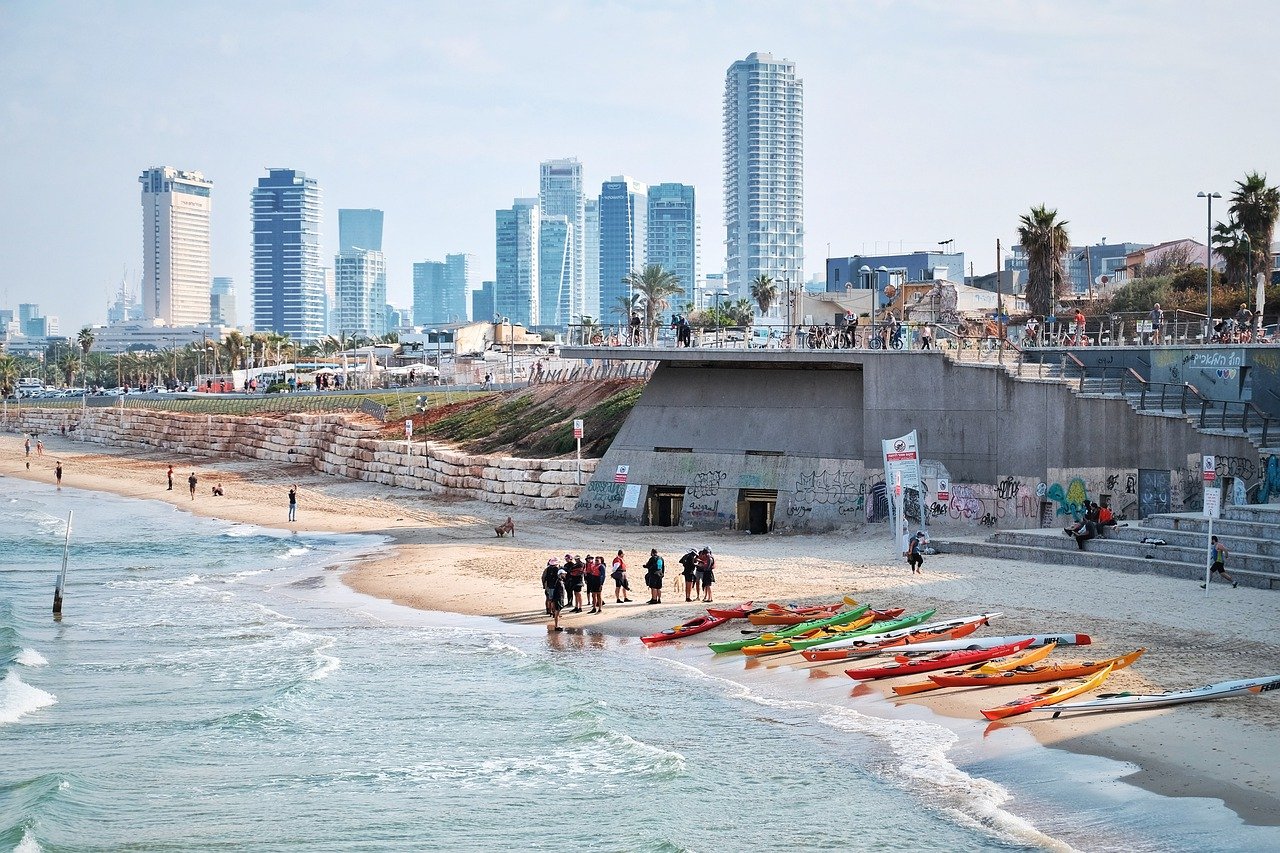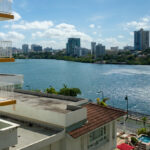Jet lag, the temporal enemy of the avid traveler, can put a damper on an otherwise exhilarating trip to Europe. Your body’s internal clock, or circadian rhythm, is thrown off balance when crossing multiple time zones, leading to fatigue, insomnia, and even digestive problems. But fret not, for with some preparation and adaptive strategies, you can bounce back quickly. Here’s a comprehensive guide on how to recover from jet lag after your European adventure.
- Understanding Jet Lag
Before delving into remedies, it’s essential to understand the enemy:
Body Clock Disruption: Your body follows a 24-hour cycle, influenced by external cues like sunlight. When you travel across time zones, this rhythm is disrupted.
Direction Matters: Generally, flying east (e.g., from the US to Europe) is harder on the body than flying west.
- Pre-travel Preparations
Combatting jet lag begins even before you depart:
Gradual Adjustment: A week before your return, try to shift your bedtime and waking time by an hour every day, closer to the time zone of your destination.
Stay Hydrated: Drink ample water before, during, and after your flight to counteract the dehydrating effects of air travel.
Avoid Alcohol and Caffeine: Both can interfere with your sleep pattern and exacerbate jet lag symptoms.
- Make the Most of Your Flight
How you handle the flight can make a significant difference:
Sleep Smartly: If arriving in the morning, try to get some shut-eye on the plane. If arriving in the evening, stay awake during the flight.
Move Around: Periodically walk around the plane and stretch to improve blood circulation.
Eye Masks and Earplugs: These can help you sleep better on the plane by blocking out disturbances.
- Embrace Natural Light
Your body clock is significantly influenced by natural light:
Sunny Arrival: If you arrive during daylight, spend plenty of time outside. This will help reset your internal clock.
Evening Arrival: If you arrive in the evening, reduce exposure to bright screens and lights.
- Watch Your Diet
What you eat and when can help in resetting your clock:
Eat According to Local Time: Once you land, immediately shift to the local eating schedule.
Light Meals: Opt for lighter meals that are easier to digest.
- Consider Short Naps, Not Long Slumbers
If you’re exceedingly tired:
Power Nap: Limit naps to 20-30 minutes to refresh yourself without slipping into deep sleep, which can make you groggier.
- Stay Hydrated
Post-flight dehydration can worsen jet lag symptoms:
Water: Continue drinking plenty of water post-flight.
Limit Caffeine and Alcohol: Both can further dehydrate you and disrupt your sleep.
- Natural Supplements
Certain natural remedies can aid in adjusting your sleep cycle:
Melatonin: This natural hormone helps regulate sleep. Taking a supplement can assist in resetting your body clock, but always consult a physician first.
- Create a Comfortable Sleep Environment
When it’s time to sleep:
Dark and Quiet: Ensure your room is dark, quiet, and cool.
Limit Screens: The blue light from screens can interfere with melatonin production.
- Consider Over-the-Counter Solutions
If you’re struggling:
Sleep Aids: Over-the-counter sleep aids can help in the short term, but they’re not a long-term solution. Always consult a doctor.
- Avoid Heavy Workouts Before Bed
While exercise can help combat jet lag:
Time It Right: Heavy workouts can release adrenaline, keeping you awake. Opt for light exercises like walking or stretching if it’s close to bedtime.
- Stay Positive and Patient
Mental state plays a role:
Mind Over Matter: A positive mindset can help in adjusting faster.
Relaxation Techniques: Consider meditation or deep-breathing exercises to relax.
- Gradually Adjust to Home Life
If you’ve been away for an extended period:
Resume Routine: Slowly ease back into your routine, giving your body time to adjust.
- Know When to Seek Medical Advice
If you’re not feeling better after a few days:
Consultation: Prolonged fatigue or other symptoms might not be just jet lag. Always consult a physician if in doubt.
While the magic of Europe might make you wish you never had to leave, returning to the comfort of your own home is always special. By proactively tackling jet lag, you can ensure that your transition is as smooth as possible, allowing your European memories to shine without the haze of fatigue. Safe travels and smooth recoveries!
- Listen to Your Body
Every individual reacts differently to jet lag:
Personal Limits: Recognize when you need rest, and don’t push yourself excessively.
Gauge Recovery: If you’re a frequent traveler, keep track of what methods work best for you and adapt accordingly.
- Limit Social Commitments Immediately After
Returning from a trip might mean eager friends and family wanting to meet:
Prioritize Rest: While it’s tempting to jump into social activities, ensure you’ve recovered sufficiently before diving back into your social life.
Share Later: Set up a time to share your adventures once you’re feeling rested and rejuvenated.
- Maintain a Healthy Diet
Food plays a pivotal role in how we feel:
Avoid Junk: Processed foods can amplify feelings of sluggishness.
Boost Nutrients: Prioritize foods rich in vitamins and minerals. Foods like bananas, turkey, and almonds can promote sleep due to their magnesium and tryptophan content.
- Rehydration with Electrolytes
While water is essential, sometimes you need an extra boost:
Electrolyte Solutions: Drinks like sports beverages can help restore essential salts and minerals lost during the flight.
- Limit Stress
Stress can exacerbate jet lag symptoms:
Unwind: Take some time to relax and unwind, be it through reading, music, or a warm bath.
Mindful Activities: Engage in activities like yoga or meditation, which can help center your mind and body.
- Use Technology Wisely
There are tools designed to combat jet lag:
Jet Lag Apps: Apps like Timeshifter can provide personalized plans to help adjust to new time zones.
Smart Alarms: Use alarms that simulate sunrise, gradually lighting up the room, to help you wake up naturally.
- Reflect on Your Trip
Sometimes, mental well-being can significantly influence physical recovery:
Journaling: Document your experiences, feelings, and memories. Reflecting on your trip can provide a therapeutic way to transition back to daily life.
Photo Albums: Going through your photos and creating an album can be a relaxing activity that lets you relive the journey.
Jet lag, while a temporary hurdle, can be an unwelcome endnote to an unforgettable European escapade. However, with the right strategies and a holistic approach to recovery, you can minimize its impact. It’s all about tuning into your body’s needs, being patient, and allowing yourself the space and time to adjust. Remember, the beauty of travel lies not just in the destinations explored, but also in the seamless integration of those experiences into our everyday lives. Safe landings and smoother transitions await!














